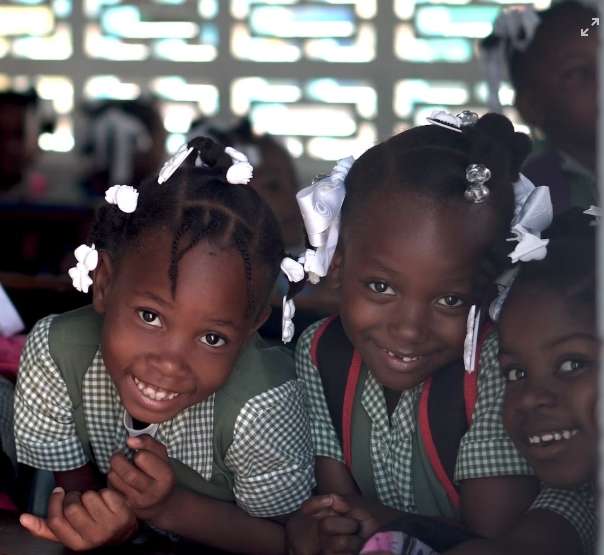Termination of Temporary Protected Status for Haitians Scheduled for August.
The impending termination of Temporary Protected Status (TPS) for Haitians residing in the United States has ignited a fierce debate, pitting humanitarian concerns against the Trump administration’s hardline immigration policies. Set to expire on August 3, 2025, the decision will strip approximately 500,000 Haitians of their legal work authorization and expose them to the looming threat of deportation. This move comes despite the stark reality of a deeply destabilized Haiti, grappling with widespread gang violence, rampant sexual assault, and a pervasive humanitarian crisis. The United Nations has painted a grim picture of the island nation, reporting that gangs control a staggering 85% of the capital, Port-au-Prince, and that sexual violence against children has surged by a horrifying 1,000% in just one year. The escalating violence claimed the lives of over 5,600 people in 2023 alone, further underscoring the perilous conditions awaiting those who are forced to return.
TPS, designed as a temporary safe haven for individuals fleeing countries ravaged by war, natural disasters, or other extraordinary conditions, has provided a lifeline for Haitians since the devastating 2010 earthquake. The program offered them a legal pathway to live and work in the US, contributing to their communities and sending remittances back home to support their families. The Trump administration, however, has consistently championed stricter immigration enforcement, viewing TPS as a program ripe for exploitation and abuse. They argue that it has allowed undocumented Haitians to remain in the US illegally, bypassing established immigration procedures. This rationale, though, clashes starkly with the dire circumstances prevailing in Haiti, raising serious ethical questions about the potential consequences of returning hundreds of thousands of people to a nation teetering on the brink of collapse.
Critics of the administration’s decision argue that deporting Haitians back to such a volatile environment is not only inhumane but also counterproductive. They point to the significant contributions Haitian TPS holders have made to American society and the devastating impact their removal will have on both the US and Haitian economies. Furthermore, they contend that the administration’s justification for terminating TPS is based on a flawed understanding of the program and ignores the legitimate reasons for granting it to Haitians in the first place. The deteriorating security situation, coupled with the ongoing humanitarian crisis, makes a compelling case for maintaining TPS, they argue, prioritizing the safety and well-being of vulnerable individuals over strict adherence to immigration regulations.
The decision to end TPS for Haitians exemplifies the Trump administration’s broader push for stricter immigration policies, including mass deportations and increased border security. This approach has been met with widespread condemnation from human rights organizations, immigration advocates, and Democratic lawmakers who accuse the administration of prioritizing political expediency over humanitarian considerations. Congresswoman Ayanna Pressley, a vocal critic of the administration’s immigration policies, has called the move “shameful,” arguing that Haitians are being targeted solely based on their nationality. This sentiment reflects a broader concern that the administration’s actions are driven by prejudice and a disregard for the plight of vulnerable populations.
Adding fuel to the controversy are President Trump’s past remarks about Haitian immigrants, which have been criticized as inaccurate and racially charged. He has been accused of making disparaging generalizations about Haitians and spreading false narratives about their involvement in criminal activities. One particularly egregious example is his unsubstantiated claim that Haitians were eating domestic pets in an Ohio city, a statement that was later debunked by local officials. Such inflammatory rhetoric further reinforces the perception that the administration’s policies are rooted in prejudice rather than a genuine concern for national security or the rule of law.
The impending termination of TPS for Haitians has placed them in a precarious position, caught between the harsh realities of their homeland and the uncertain future they face in the United States. Their fate remains in limbo, highlighting the complex and often contentious intersection of immigration policy, human rights, and international relations. As the deadline looms, the debate continues to rage, raising fundamental questions about the US government’s responsibility to protect vulnerable populations and the ethical implications of deporting individuals to countries facing extreme hardship and violence. The outcome of this situation will undoubtedly have far-reaching consequences, not only for the hundreds of thousands of Haitians directly affected but also for the broader discourse surrounding immigration and humanitarian aid in the United States.
Share this content:












Post Comment